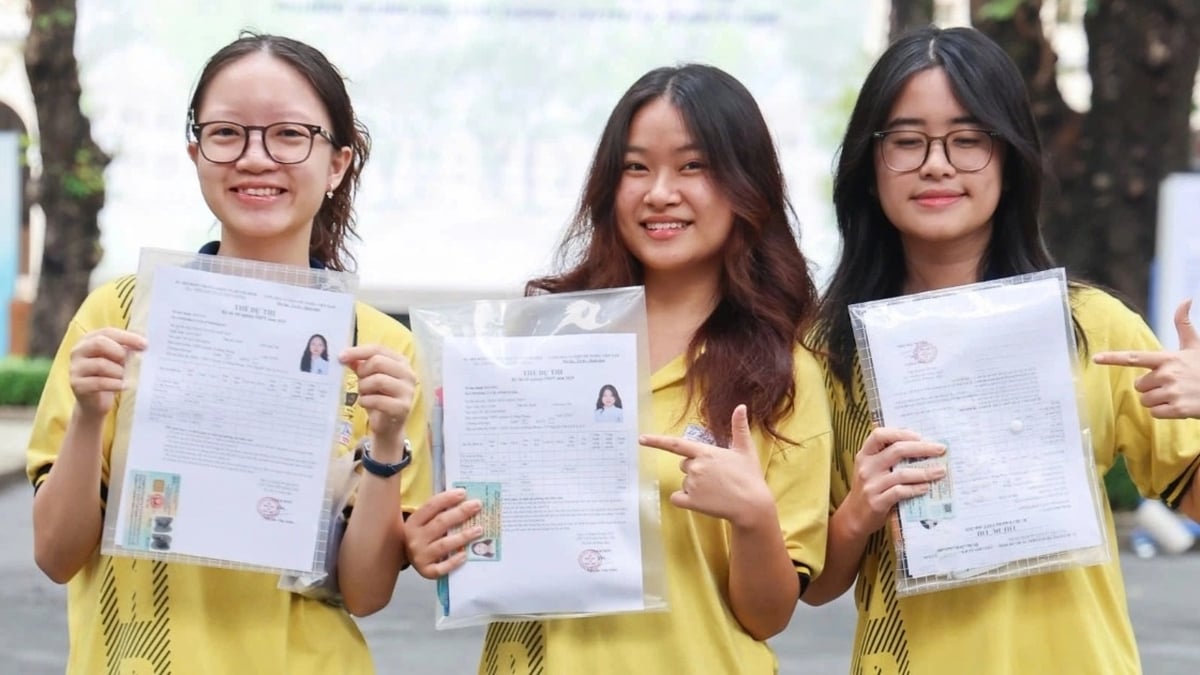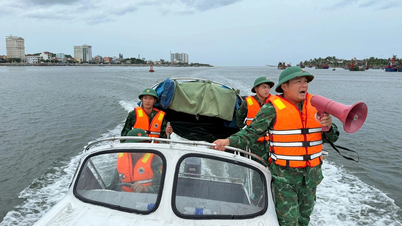The imposition of a tourist tax in Bali and five other Indonesian destinations has been met with mixed reactions both domestically and internationally, but local tourism officials believe that tourists will be willing to pay for better services or experiences at the destination.
After Bali, Indonesia plans to continue collecting tourism tax from foreign visitors to five of the country's "super priority" tourist destinations: Lake Toba (North Sumatra province); Borobudur Buddhist temple (Central Java province); Labuan Bajo town (East Nusa Tenggara province); Mandalika sports tourism destination (West Nusa Tenggara province) and Likupang resort island (North Sulawesi province).

A corner of Bali island, considered the tourist paradise of Indonesia.
Quality over quantity
First of all, when applying a tourist tax, a country must consider its “position” in the global tourism market. The question is, does Indonesia need tourists or do tourists need and want to come to Indonesia?
On this issue, Indonesian tourism officials have always expressed optimism about the number of tourists coming to Bali or Indonesia's "super priority" destinations. According to the Indonesian Ministry of Tourism and Creative Economy, the number of international tourists to Indonesia will reach 10 million in 2023, exceeding the target of 8.5 million. Even before the Covid-19 pandemic, the number of foreign visitors to Bali was considered too large, greatly affecting the cultural and environmental values of many locations. Therefore, Bali is the first location for Indonesia to apply the fee tax, expected to take effect in February next year. In addition to Bali, local officials said that only "super priority" locations are eligible and qualified to apply the fee tax because they are all popular tourist destinations, attracting many international visitors, meeting standards on accessibility, facilities and attractions.
Revenue from the tourism tax will also be used to support local conservation and tourism development. For example, the Bali government will use the tax revenue to fund waste management, environmental protection and cultural preservation programs in Bali, aiming to become a world-class environmental and cultural tourism destination.
What do visitors get in return after paying the fee?
Bali is Indonesia’s second-largest foreign exchange earner after oil and gas. The province accounts for 50% of foreign exchange earnings from tourism, which is about $20 billion a year. Although tourism is a key economic sector, Indonesia is pursuing a new, more advanced, and more selective tourism development strategy for the upcoming roadmap.
Not only imposing taxes, Indonesia has also introduced a series of measures to restore the quality of domestic tourism, such as regulations prohibiting tourists from wearing revealing clothes and taking photos at sacred places, from being drunk in public places, or from violating traffic laws. All acts of violating regulations will result in deportation or tourists can be imprisoned. As a country with a large Muslim population that requires respect for indigenous cultural norms, Indonesia always aims for a selective and quality tourism industry. Indonesia has also mentioned the possibility of setting a quota for foreign tourists visiting Bali and the minimum amount of money that foreign tourists will have to have in their savings account before flying to Bali.
However, in addition to setting requirements for international tourists, the Indonesian tourism industry also affirmed that this is a "reciprocal" policy in terms of what tourists will receive. Tourists visiting Indonesia will be measured not only by quantity but also by the quality of their stay. Indonesia also has a series of plans to improve the quality and service of tourism, including establishing a Tourism Fund to operate next year. Since late last year, Indonesia has said it will spend an additional budget of nearly $1 billion to develop five "super priority" destinations within two years.
With its beauty and reasonable cost for many tourists, Bali and other "super priority" destinations in Indonesia have affirmed their attractiveness, and despite a series of regulations, the number of international visitors to Indonesia still reaches the same level as before the pandemic. However, the slogan "Respect local culture - What makes the difference of the archipelago" is the slogan that Balinese people or many Indonesian people want to send to international tourists.
How much is reasonable?
Tourism taxes have been applied by many countries to contribute to improving infrastructure, human resources, services and environmental protection at tourist destinations; however, there are also conflicting opinions. In particular, balancing and ensuring the balance between protecting nature, the environment and developing tourism and the economy is a big challenge. For example, Bhutan recently had to lower its tourism taxes to attract tourists again, after setting a rather high fee.
In Indonesia, the proposal and imposition of a tourism tax on Bali has been met with resistance from the service sector, which believes that this tax could negatively affect the number of foreign visitors and related sectors, including the micro, small and medium enterprises (MSME) sector, especially in the context of the country's tourism industry still recovering from the pandemic. However, many also believe that for a beautiful place like Bali, a fee of about 10 USD is still too cheap, and the proposed tourism tax of 500,000 IDR (33 USD) is reasonable. Because that way, the local government will have enough revenue to make stronger changes.
However, the head of the Bali Tourism Authority assured that the tax applied to Bali at the equivalent of $10 per person is reasonable for foreign tourists, pointing out that other countries have implemented similar policies. For example, Thailand plans to impose a tourist fee of 300 baht ($8.73), while Malaysia requires hotels to continue charging a tourist tax of 10 ringgit ($2) per night. Therefore, Bali's tax is a feasible price for all tourists. This price will also serve as a model for other "super priority" destinations in Indonesia. The Bali government will also strive to provide the best service to tourists and believes that any tourist will be willing to pay for better services or experiences at the destination.
According to Pham Ha/VOV-Jakarta
Source






























![[Photo] National Assembly Chairman Tran Thanh Man visits Vietnamese Heroic Mother Ta Thi Tran](https://vphoto.vietnam.vn/thumb/1200x675/vietnam/resource/IMAGE/2025/7/20/765c0bd057dd44ad83ab89fe0255b783)









































































Comment (0)